|
7/30/2023 Poetry by Amanda Adrienne SmithGerry Dincher CC
PRAYER FOR MY SICK DAUGHTER There are people in the wind like doctors. That’s what I hope. They are carried here by the color of their hollow eyes. I tell myself I will talk to the trees more, ask them to help my daughter breathe. Why is it so hard to breathe. Eight months of coughing is not normal for a 5-year-old. She tells me she doesn’t want to die the way the sun dies. Every night, I find myself outside on the balcony begging the trees. Calling the trees. Connect your fucking roots. Communicate with each other. Fill her lungs. Promise me. A sunlight transfer body to body. We become the trees hovering in human form. A dance for my 5-year-old and me. Coughing and sleeping. Sleeping and coughing. The machine prescribed: a little dog shaped nebulizer we can name, pretend to be her friend strapped like a mask keeping medicine in. Making it all easier the way hands connect bodies in the woods. Make me believe it's only allergies getting better. Watch her ribs. I skip a rock in the pond just to watch it ripple. I say it’s a good thing. The wind just blows. Amanda Adrienne Smith is a poet and actress living in Los Angeles, CA. Her poetry has been featured in Ghost City Review, Right Hand Pointing, and One Sentence Poems. You can find her on social media @amandaadrienne. 7/30/2023 Poetry by Peter CashoraliGerry Dincher CC
The Old Shop When I went back to the shop That had been his before he died And now was owned by someone else Who worked behind the desk that he’d Had carpenters make decades back, In the chair where he had sat, And in their lap, wrapped in towel, Held and groomed a yellow nape While sharing gossip on the phone, And as I walked in looked at me With a smile I knew before, That same glance that shrewdly judged If I was there to buy a bird Or waste part of his afternoon I thought how fully we unpack When we travel out of life, Leaving furniture and work, Smile and gaze and attitude, How we sit and what we think For someone else to find and be Until they leave it all and go, And I wondered suddenly Who had previously been me, Used these gestures, known these thoughts, Heirlooms handed down through time, And before them, and before them, Picked up and used and left behind For the general human store And for a minute I was there With who was gone, in his no-more, Traveling lightly, freed from all That had made us travelers And all there was, was traveling. Space Travel After every friend had died I moved out from the building where I’d known them all, to a new place Up in the hills, a single life. Days were pretty full in terms Of occupation, though you’d think It would be just the opposite-- Empty hours, empty life. No. Crowded sadness all the time, With no way to take a break. One morning opening the blinds I saw three stars shine side by side, Recalled I’d always meant to learn Something of the constellations So bought a book about the stars. That night I climbed four flights up And came out on the roof. The sky Was dim and dull, not as deep As I’d always thought it was And the stars were nothing much, Crumbs of light dropped here and there. But I saw the three I’d seen And from there traced Orion out, A mildly pleasing figure A little like an hourglass. As I had nothing else to do I came out next night as well, Brought a notebook so I could Chart Orion for myself. That was pleasant, to have him there On the page and in the sky. Later I wrote in the names Of the stars that made him up-- Betelgeuse and Bellatrix, Rigel in his lower corner. And so, why not? Every night I went out among the stars Though couldn’t travel far at first. Somehow that’s what I liked best, Knowing they could not be reached But going towards them anyway. I was glad they all had names That I could memorize and say-- Sirius and Procyon, Deneb and Albireo-- Each star by itself, in silence, But included in a picture, A swan, a large and lesser dog, Eagle carrying a boy. I loved the way their stories had Nothing to do with me, or grief Or anyone I knew who’d died Though when I charted Gemini Whose twin stars stood beside the door Of a longhouse I thought it would Make a good safekeeping place. What a joy to leave the earth And simply go out there among Giant people made of space In stories that went on forever. I loved the way they were alive But also places I could be, Perseus, the Pleiades, The Hyades and Pegasus. I bought a telescope and saw Orion was made out of scenes I didn’t have to understand But watched astonished all night long. The Praecepe in Cancer was A hallway thronged with galaxies And hidden back in Leo’s flanks There was an empty room in which Anyone could come and sit. The constellations in their mild And diamond light were graciously Uninterested in human life, Indifferent. They didn’t want To know why everyone I loved And took care of died at last, Why I was always somewhere else So that each one died alone. They didn’t care, and let me roam Deep as I wanted into vast And mildly glowing space where I Could be relieved of mattering, Be witness to their stories which Continued whether seen or not. Lepus fled and Lyra flew, Cassiopeia changed her clothes, His two Dogs brought Orion down But each night he was up again. Each of them was everything. Does that make sense? Expanding space Was what they were between their stars Where I ran out while they went on To ends or else to endlessness But either way too much to see, To hold in mind, and so instead They carried me. I got to rest, For months and months, and be no one. Meanwhile somewhere down below, The ground slowly dissolved the dead Turning them into the ground. Perhaps this increased gravity, And let it reassert its claim? What I knew was that I’d learned The constellations and their stars And so returned to daytime life Where, middle aged, I was a guy Who’d been knocked down by stacked-up loss, Now had to get upright again, Find a road to what came next And plod along it step by step As we all do, who walk the earth. Peter is a queer psychotherapist, previously working in community mental health and HIV/AIDS, now in private practice in Portland and Los Angeles. He is the author of two books, Gay Fairy Tales (HarperSanFranciso 1995) and Gay Folk and Fairy Tales (Faber and Faber, 1997). Recent work appears or is upcoming in Adelaide, Kestrel, Third Wednesday Quarterly, Syncroniciti, 1870 Journal and the Writers Study anthology. He has lived through addiction, multiple bereavements and the transitions from youth to midlife and midlife to old age and believes you can too. 7/30/2023 Poetry by ethan s. evansCarl Wycoff CC
THE ONLY GHOST IN THIS HOUSE IS THE HOLY GHOST needling the hurricane's eye on the cereal box couch at the punk house as people honk at the HONK FOR JESUS banner. possums are always fucking under the porch, which is to say i'm always imagining possums fucking under the porch as i leaf through medical bills mailed to renters past. checked all the boxes at the plasma donation center but still couldn't find the vein. pitching herbal remedies for incurable diseases until they run me off the stoop of the free clinic, skin sloughing off a redbud as sunlight angles in from the well's fargo tower. my cabal of therapists, stationed across from me at the howard johnson's, all tell me that the self is an illusion. steam rising from flapjacks, syrup all flood, clay spilling into a river. i am making this groupchat to present amends to all those i have harmed. financial remunerations are not in order but i would like to offer my sincerest apologies: greg, for having stolen your dog's pain medication. mike, for having accused you of usury during the divorce court proceedings. sarah, for having erased your child's object permanence in fit of rage. for the rest i will offer the following from a fortune cookie i found on the sidewalk: YOU WILL BECOME GREAT IF YOU BELIEVE IN YOURSELF. i have put my shipping magnate fortune into the lucky numbers. i can feel the pure throttle of consciousness as i close my eyes while i drive down the highway named after a dead marine. morally compromised sonnet spent my two months in the gig economy ferrying buckets of chicken to condominiums and not getting laid. went to the maoist reading group for the free lentils and listened to fred talk about how we had to smash the state to make a bigger state. the parks smelled like suntan lotion and i hated everyone. jet streams carried charred pines over the suburbs and children wandered around, ash-beaten survivors of some unseen catastrophe. under pomegranate skies teslas maneuver through lanes of traffic. too humid here for sweat to dry, the weather report a wet bulb swung into your face. plastic forks, pad thai cocooned in a bag hewn from cellulose, heat-bonded, palmed over like a thimble of weed. hard to shake, this feeling of being born too late. the electric razor makes a noise like threshers advancing into wheat. ethan s. evans (they/them) is a poet trapped inside of a brief third person bio. they tweet as @ethanevanssucks 7/30/2023 Poetry by Rachel CusterCarl Wycoff CC
Lysander Reads The Book of Job Lysander trudges the quiet streets alone, too early for another man to meet. The heat already promises to own the day. Lysander prays his slow, old way through town. Behind these doors, even the tweakers sleep, kept, if they can be kept, as are we all, by mothers who remember us as small. As searching mouths, as hunger. As despair. Like babies, they still root against the day. One might say they hope, more even than a praying man can hope. Lysander mumbles peace toward their doors. His right hip is starting in to throb. Every day he does this, walks and prays, leaves his quiet house to quietude. He’s begun to think it rude, if indeed a house can be. Wasn’t it happy with noise not long ago? Lysander thinks, what might you call a widower by himself? A loneliness? I’m not alone, Lysander thinks. Even a praying man can hope for ears. For years, he’s had the houses and their eyes. I’m not alone. Despite himself, he cries. Naomi Reads The Lottery I moved here because Ruth was of this place. This side-eye place, this subtle frown of a town. She doesn’t see the truth beneath the smiles. Lips pressed into smile facsimiles. I don’t think we’ve met, women said again and again, like that was a shortcoming. Ruth remembers every road, every face. People still wonder to each other what we are. Head shake of a place, finger wag of a town. Ruth would say God brought us here. At first, I couldn’t sleep in the quiet nights. It’s not the silence, but what lies underneath the silence, you know? The things unsaid. Things said only when we aren’t there. I began to memorize the big roads first, the highways that led away from town. It wasn’t even that I felt disliked, you know? More, I could see the gaze beneath the gaze. We were one kiss, one public honey away. From what, I couldn’t quite tell, but Ruth never saw what I could see. Ruth couldn’t see the stones in neighbors’ hands. Rachel Custer is the author of Flatback Sally Country (Terrapin Books) and The Temple She Became (Five Oaks Press, 2017). She is Editor-At-Large for OPEN: Journal of Arts & Letters and was a 2019 NEA fellow. Her poetry has appeared or is forthcoming in many journals, including Rattle, Valparaiso Poetry Review, OSU: The Journal, B O D Y, One Art, and The American Journal of Poetry, among others. She currently resides online at rachelcuster.wordpress.com. 7/30/2023 Poetry by Sarah HornerCarl Wycoff CC
Como We make homes of temporary places—we are weeds rising from cracks in the street and lichen on a rock before it gets scrubbed off. Some things grow with purpose but we do it just because we can, just to say we did. We will look back and miss the wandering way of our bodies—or maybe we won’t and that will be fine. Walking home in the dim and newborn morning, unreasonably comfortable because the snow in the street lights it up like day, we are faintly aware of this transitory phase but mostly feel it’ll last forever—until one by one we start packing and planning and pretending we’re ready. We hold hands on the bus because that’s the time for it—sappy, drunk, paranoid. In the spring we recoup on the roof because we don’t have a patio but make do with what we’ve got. It tints our feet black and we’re always tracking in dirt, reckless. But we will keep cleaning it up again and again until it becomes someone else’s job, others like us who will see the dents we left in the walls, the hardened wax on the floor, the sparse marks that prove we existed. Sarah Horner is a writer whose work explores themes such as femininity and mental illness. She lives in Minneapolis, studies literature, and frequently ponders a future in the arts. Her work has been published or is forthcoming in Defunkt Magazine, Across the Margin, The Bitchin' Kitsch, and Mantis. 7/30/2023 Poetry by Kelly Fordonminka CC
RUPTURE Along the river soon comes the sound, the sinew, the meat, the carrion, rupture. No heart that beats, no bench erected, no peace on earth we cannot rupture. High water rises above toe and crag, a man with one branch swings from the rupture. The pack assembles, all glossy and hip, another spin round the epic rupture. Try alum, try yellow dock, try nettle, and yarrow, no petal will stay the pending rupture. No staving the swell, no middle lane. Some sways sanction each new rupture. The hemorrhage, the glut, the certain slug, lacerated, punctured, broken, ruptured. Breach of my love, breach of my heart, Who has not felt the brunt of rupture? The guard, the grip, the spring, the lever, just say it straight—each shot seeks rupture. They Don’t Come Back I heard a siren and wondered whose next? The lunch lady killed crossing the street. This somnambulant town filled with peril. One friend moved away and promptly died. I feel the urge to rhyme to stave off sadness, They don’t come back. They don’t come back. My father in his gray suit and my other love who drank himself to death. When people leave They don’t come back. They don’t come back. I’m doing it again; I wish this was a jingle. Something to crochet and hang upon the wall. A pithy epithet, a couplet, words to sooth, herbal tea. At home on the couch, day bleeds in to night, it’s time for prayer or not. Either way… Kelly Fordon’s latest short story collection I Have the Answer (Wayne State University Press, 2020) was chosen as a Midwest Book Award Finalist and an Eric Hoffer Finalist. Her 2016 Michigan Notable Book, Garden for the Blind, (WSUP), was an INDIEFAB Finalist, a Midwest Book Award Finalist, Eric Hoffer Finalist, and an IPPY Awards Bronze Medalist. Her first full-length poetry collection, Goodbye Toothless House, (Kattywompus Press, 2019) was an Eyelands International Prize Finalist and an Eric Hoffer Finalist and was adapted into a play, written by Robin Martin, which was published in The Kenyon Review Online. She is the author of three award-winning poetry chapbooks and has received a Best of the Net Award and Pushcart Prize nominations in three different genres. She teaches at Springfed Arts and The InsideOut Literary Arts Project in Detroit, as well as online, where she also runs a monthly poetry and fiction blog. www.kellyfordon.com 7/30/2023 Poetry by Andrea Wagnerminka CC
The Well There is an endless well Inside Tears never cease To pour over I tire of the laughter, Unkind jokes, Reddened cheeks Plugging it up Endless well, You are mine Thank you for your water, Your kindness, never leaving me empty Endless well, Please be patient with me. Andrea Wagner is a graduate student at Stanislaus State University. They're also Co-EIC of Penumbra, Stan's literary and art journal. 7/30/2023 Poetry by Rachael CollinsDavid Schiersner CC
The Feast of Us Two sisters, paddling through a brothy riptide. Climbing kitchen counters, outstretched fingers yearning for cans of whole tomatoes or Campbell’s or Spaghettios eaten cold, always ever so slightly out of reach. Greedy consumption of Food Network with insatiable eyes. You wondered once if what we shared was love, or simply memories no one else could understand. Two soldiers standing on a hill, looking down upon the remnants of a scorched battlefield. I want to bathe you in a bowl of soup until that golden brown crust of pain softens into the mush we once were. A man on the news said infants drown in bathtubs so I showed you how to blow bubbles underwater. Taught you to read with alphabet pasta letters, scooped up in “Here come the airplane!” spoons And gulped down into a warm belly to grow hands that mix dough for challah and encircle steering wheels as you leave and come back, leave and come back, like the over-under of hair in twin braids parted down the middle or dough longing for the brush of an egg. Two girl-loaves, two stretched and braided and ovened, heated like a promise. Safe, sisters filled and filling with warm bread breath. How simple it is to rest and become what you are what you were kneaded to be. Rachael Collins has never had her work published, other than the inclusion of an exceptionally over dramatic poem entitled “The Fox” in a grade school writing anthology. Nevertheless, observing the world around her and attempting to share it, as well as her own experiences, through words has remained a lifelong constant. She often writes about feeling anything but heroic while working as a nurse, longing for faith, her mental health journey, and memories involving shopping malls. She lives in Seattle with her partner and two “lucky” black cats, despite a lifelong fear of felines. 7/30/2023 Poetry by Mary KennellyCarl Wycoff CC
Mission I will tear open my wounds and howl like the sea and allow all my sorrows to pour out from me. I will peel back my skin and expose ravaged bone. I will own that I am a shivering, pitiful Crone. I will wander the roads and suffer others to know how I am weak and unsure but desperate to grow. I will plant myself firmly as any scarred oak and soak up aged wisdom in the folds of my cloak. I will bend and I’ll weather in cruel wind and in rain and I’ll plant healing herbs in the mud of my pain. Living in Glin, Co. Limerick, hailing originally from Co. Kerry. Kennelly spent many years working in Education and in the Arts. She is a published poet and writer. 7/30/2023 Poetry by Nicole RollenderCarl Wycoff CC
Misericordia People report angels appearing, luminous in Ukraine’s skies, as they wake into the blessed, savage light. The things mercy can be: wind winging pink through our crooked plum trees, uncovering a collapsed classroom, a statue of Our Lady of Perpetual Help and children holding rosaries, all untouched. Strawberry plants sprouting near the spot where we buried the cat, the wild hope he could paw back up through the dirt. When you said, on the edge of slumber, “miss the bones,” instead of “miss the boat.” You’re a ghost in a body. My joys in your dark mist. One vast hour purpling to eternity. As I keep searching for my sins, like stones in the ocean, I remember the saint who said, “Those are the stars I’ll walk on someday.” As if I could go back. As it turns out, you can’t get the ghost out of your system. The priest in the church by the lakes tells me today my wrongdoings are a drop of water in a furnace. A 2017 NJ Council on the Arts poetry fellow, Nicole Rollender is the author of the poetry collections, The Luster of Everything I'm Already Forgetting (Kelsay Books, 2023) and Louder Than Everything You Love (Five Oaks Press), and four poetry chapbooks. She has won poetry prizes from Palette Poetry, Gigantic Sequins, CALYX Journal and Ruminate Magazine. Her work appears in Alaska Quarterly Review, Best New Poets, Ninth Letter, Puerto del Sol, Salt Hill Journal and West Branch, among many other journals. She's managing editor at THRUSH Poetry Journal. Nicole holds an MFA from the Pennsylvania State University. Visit her online: www.nicolemrollender.com. |
AuthorWrite something about yourself. No need to be fancy, just an overview. Archives
April 2024
Categories |

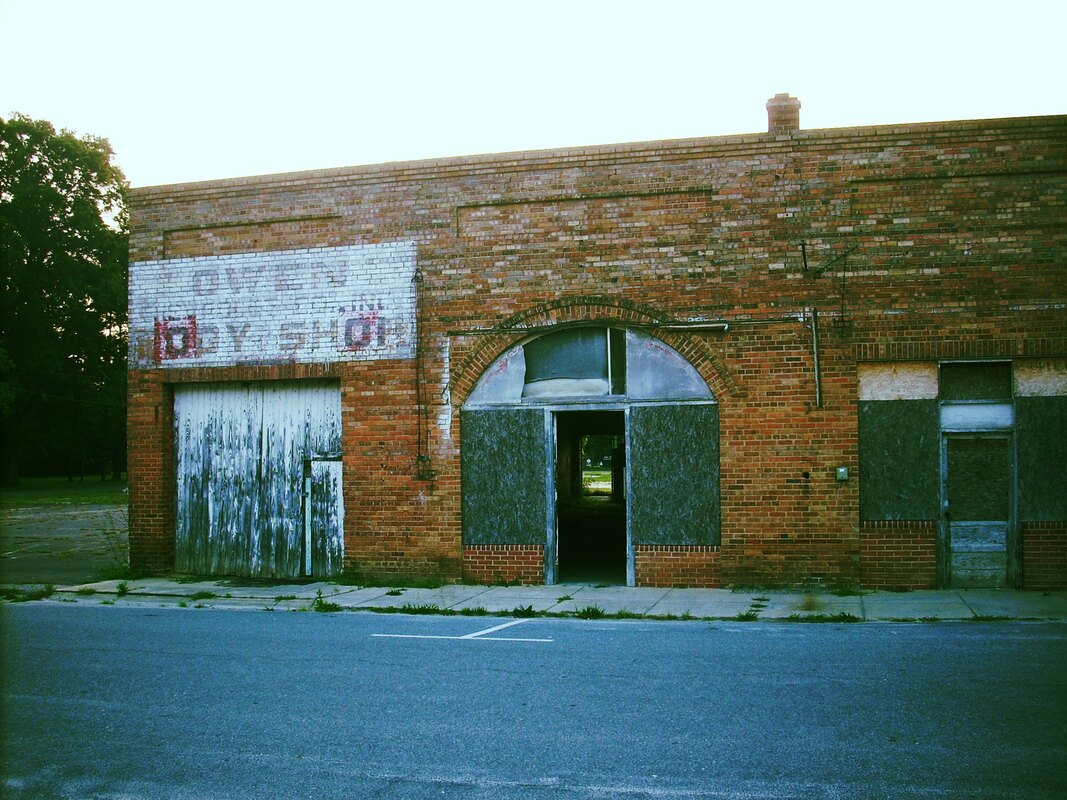

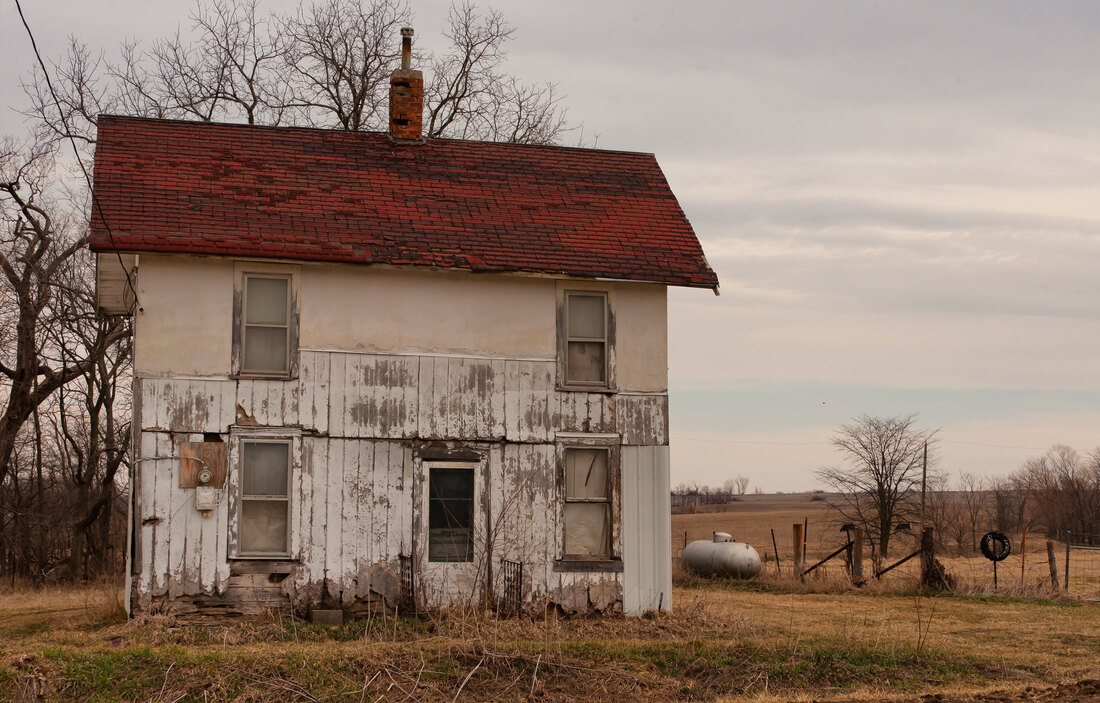
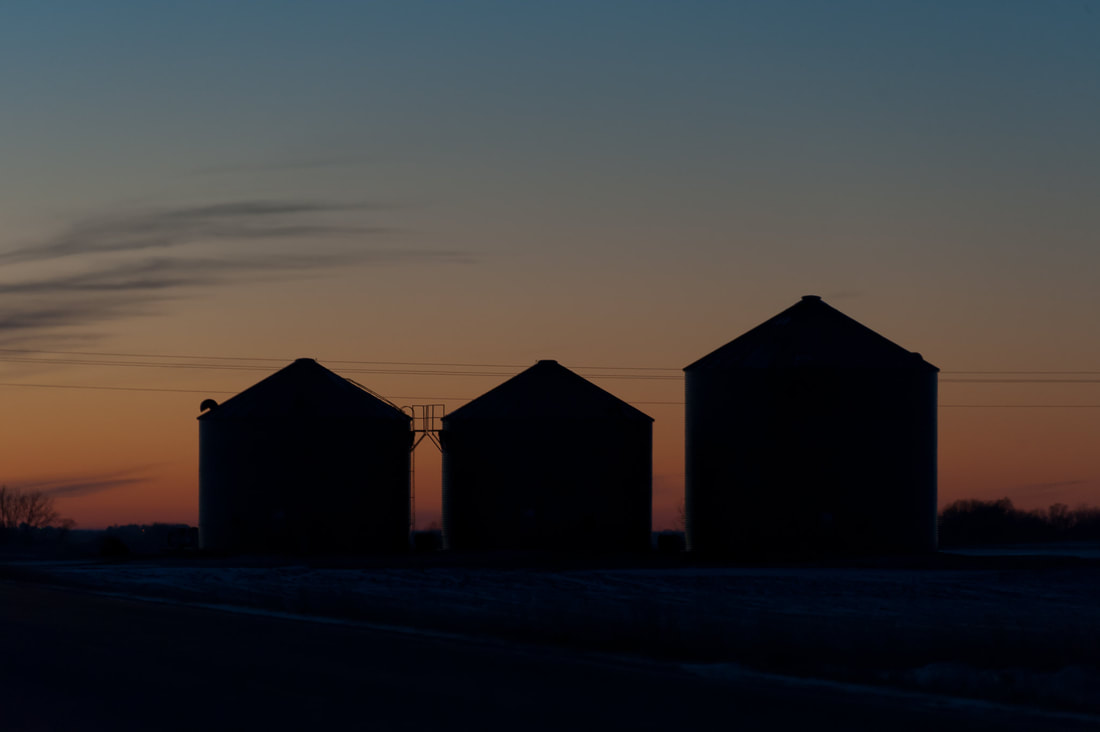
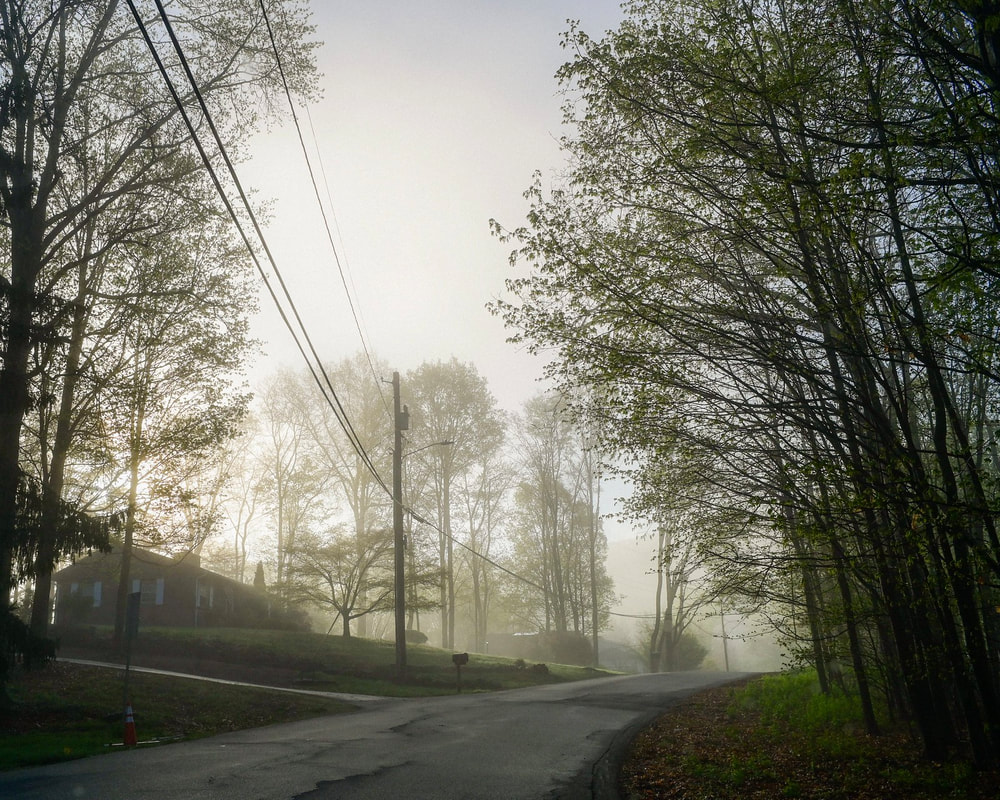
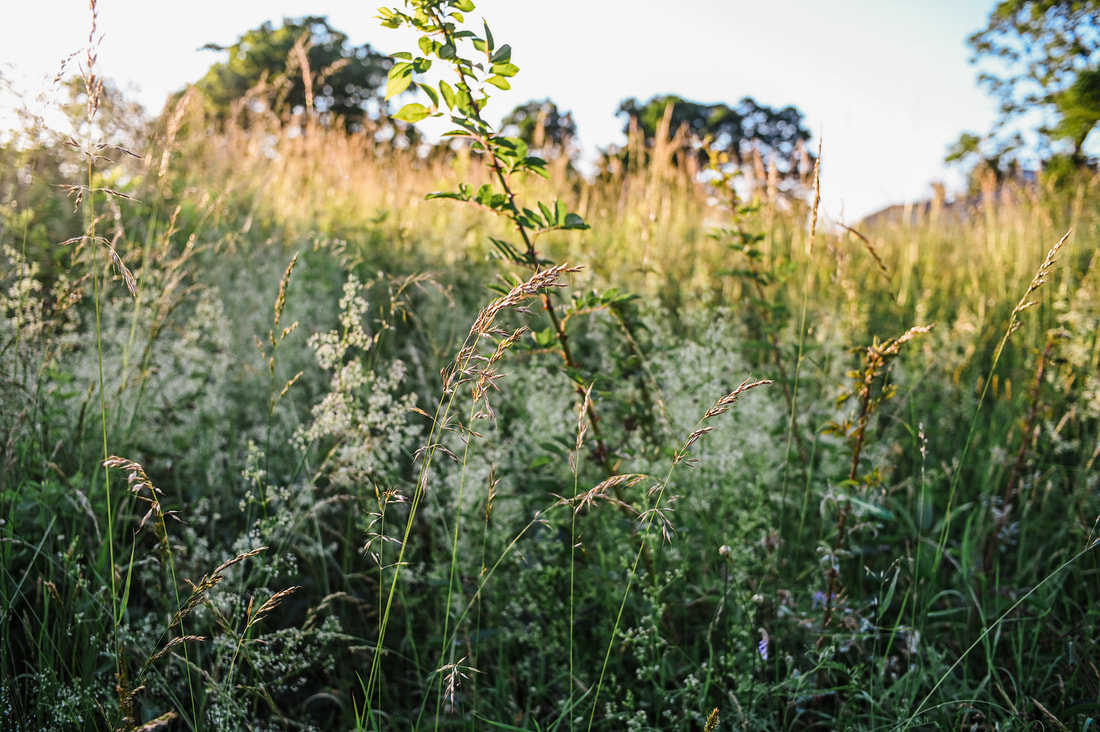

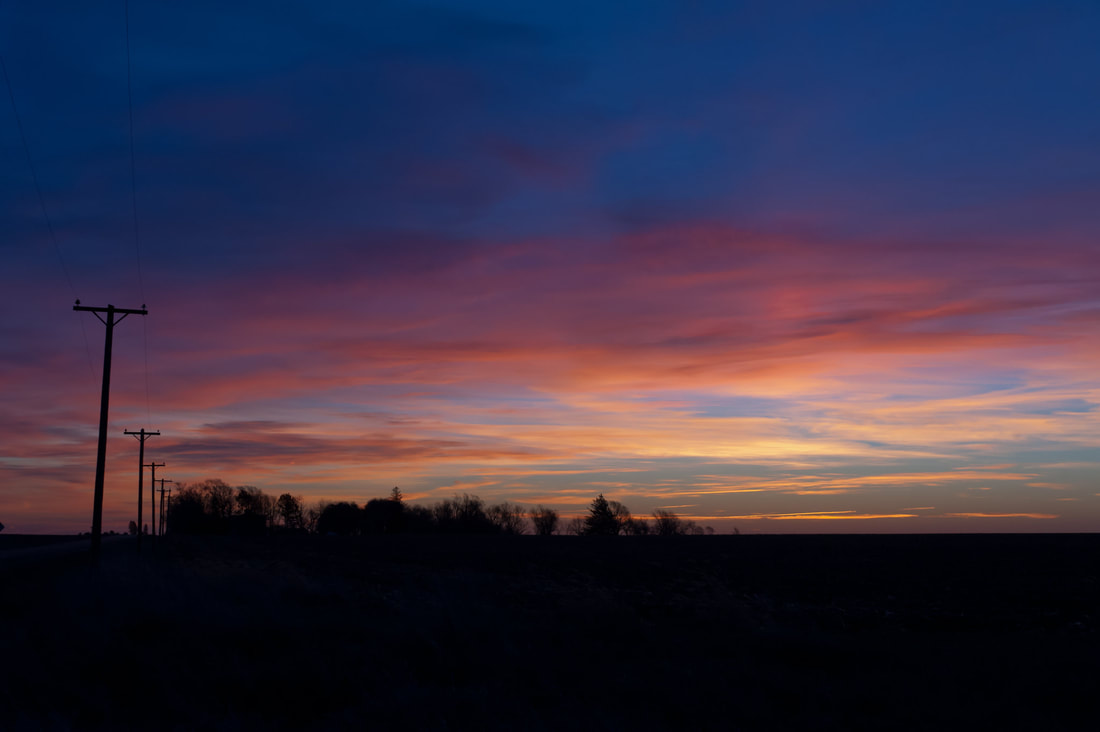
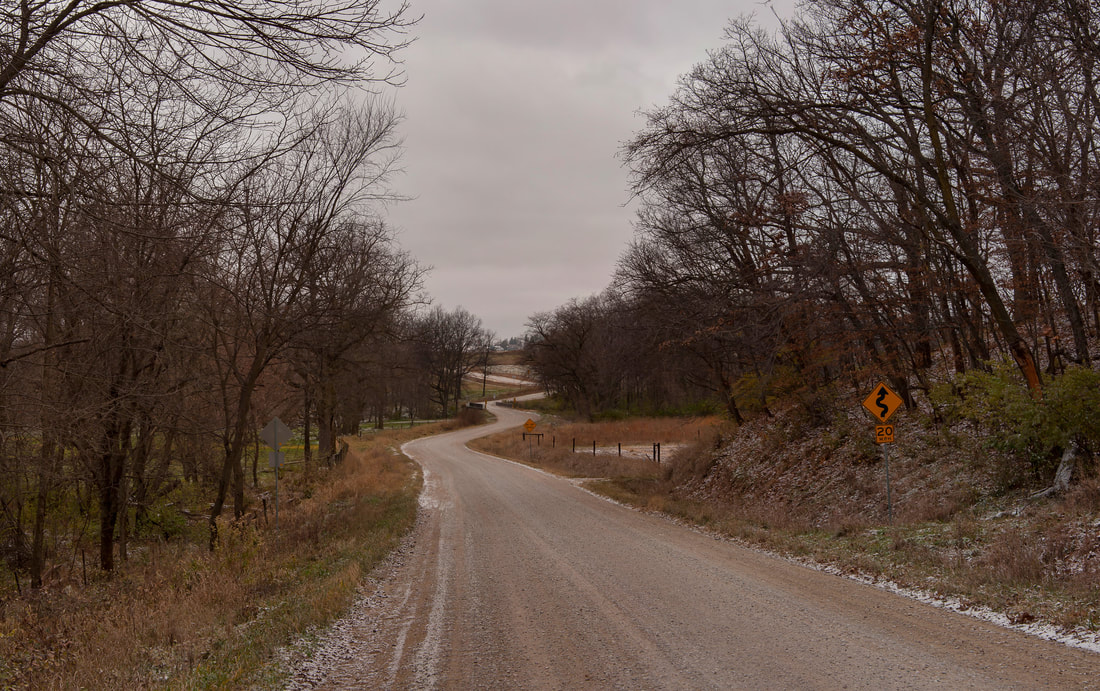
 RSS Feed
RSS Feed
